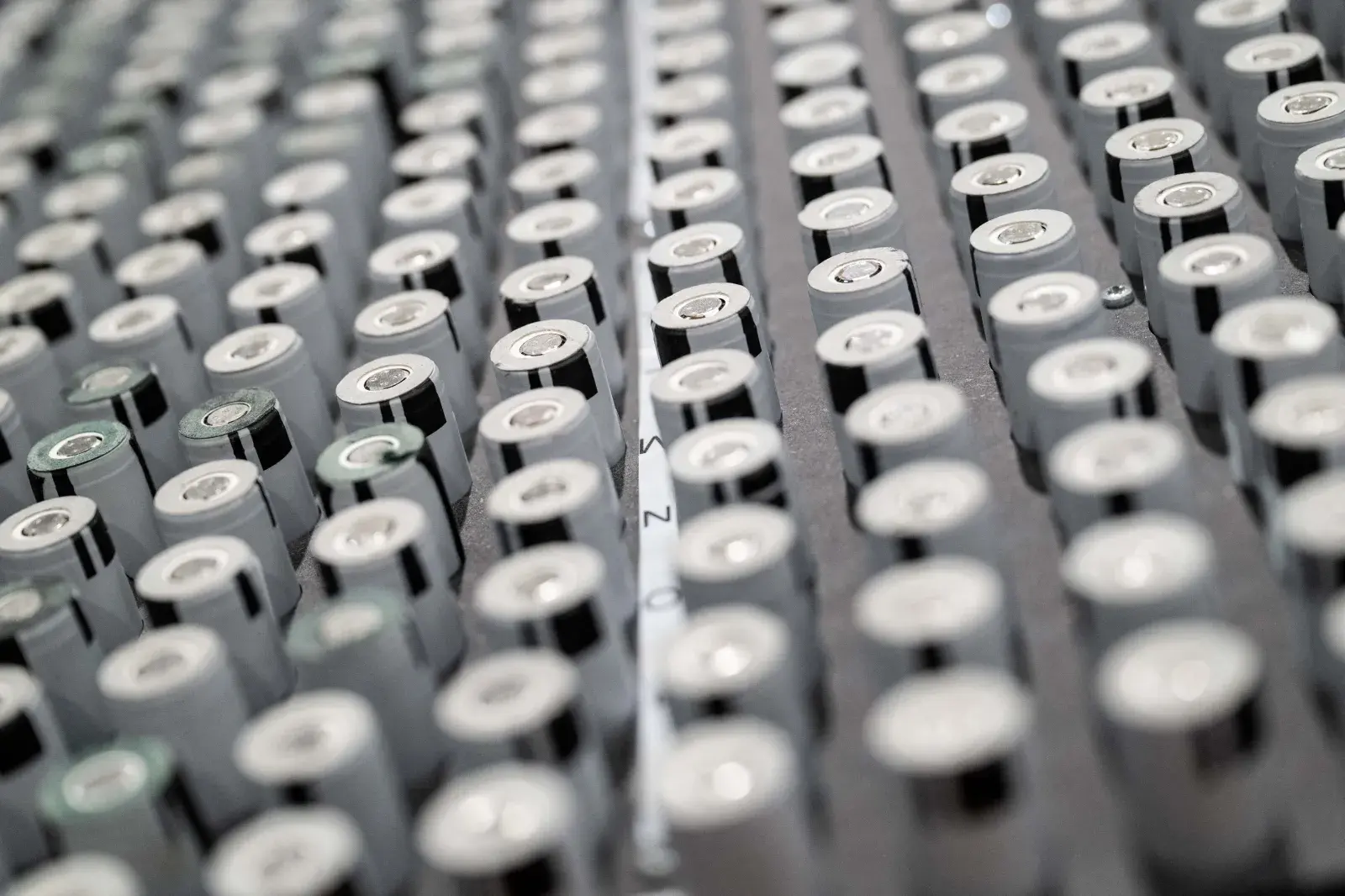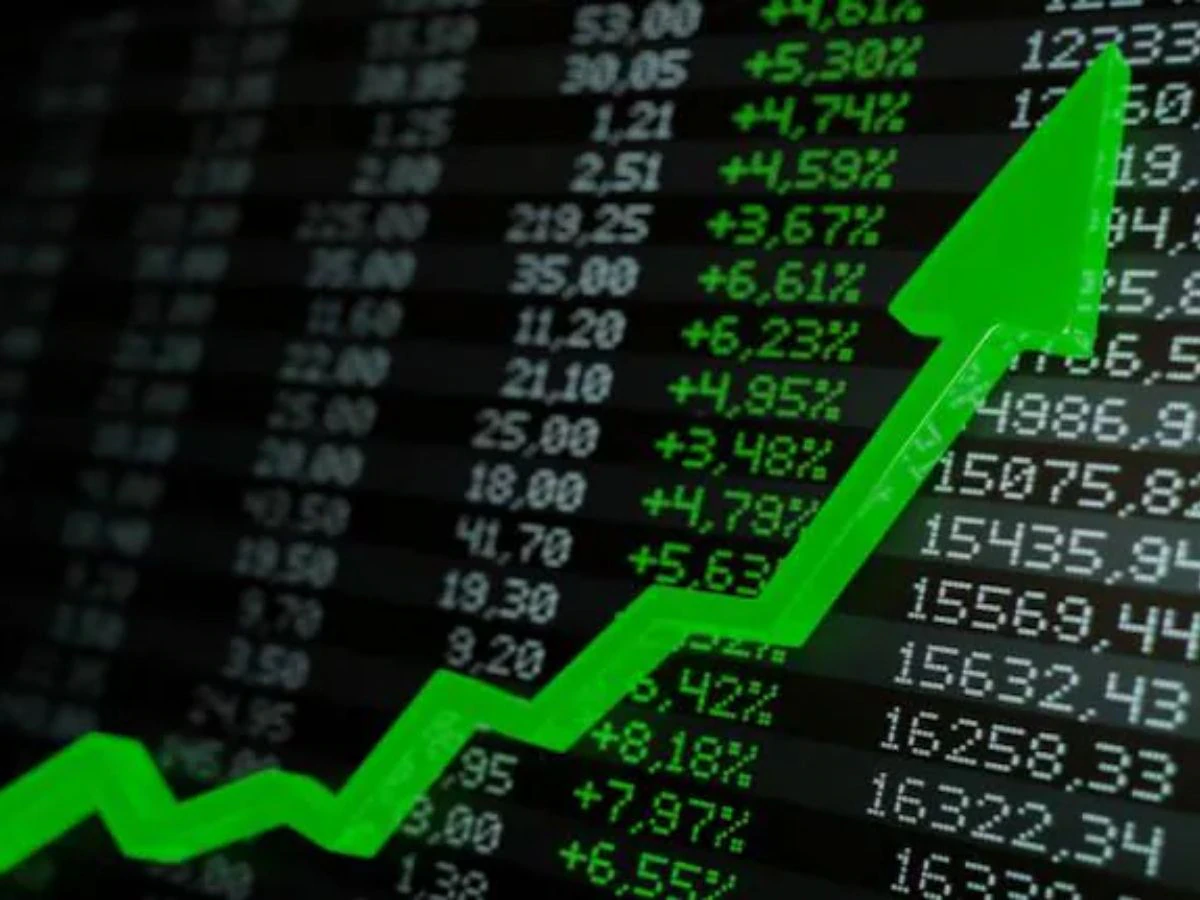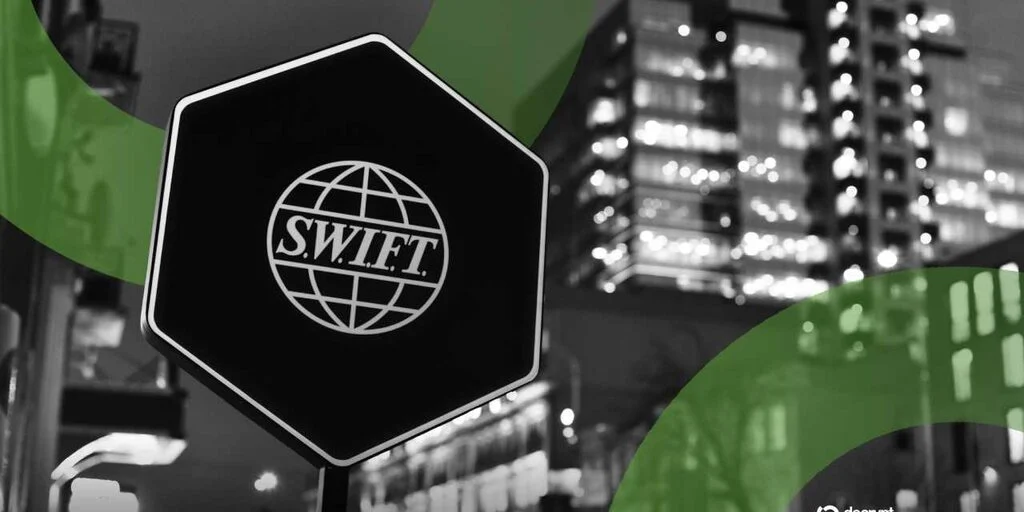By Brendan Mark Cole
Copyright newsweek

The discovery of major lithium reserves in Germany has been hailed as a step toward lessening Europe’s reliance on the foreign supply of the mineral critical for batteries and the electric vehicle (EV) market.
The firm Neptune Energy told Newsweek that 43 million tons of lithium carbonate equivalent (LCE) had been located in the Altmark Region in Northern Saxony Anhalt that could supply enough battery material for 500,000 cars by the 2030s.
But Elaine Dezenski, senior director and head of the Center on Economic and Financial Power (CEFP) at the Foundation for the Defense of Democracies (FDD) told Newsweek that easing Beijing’s grip on the global lithium supply chain depends on how the resource discovered in Germany will be processed, which is now predominantly carried out in China.
This illustrative image shows second life battery cells at the VoltR plant, French manufacturer of eco-designed lithium batteries, in Verrieres-en-Anjou, western France, on June 10, 2025. (Photo by Sebastien Salom-Gomis / AFP)
Why It Matters
Lithium is a key factor in the EV battery supply chain dominated by China. The discovery in Germany could reduce Europe’s reliance on Beijing for lithium refining and battery-grade materials and supports the European Union push for domestic EV battery supply chains, aligning with environmental goals, known as the European Green Deal.
The discovery could also strengthen Europe’s hand in the minerals sector amid tensions between the U.S. and China as President Donald Trump tries to reshape Washington’s minerals strategy to reduce dependence on Beijing.
What To Know
Neptune Energy said there are 43 million tons of LCE in the Altmark Region, which it described as hosting one of the world’s largest project-based lithium resources.
After a second pilot test for lithium extraction to produce battery grade lithium carbonate, Neptune started a third pilot test earlier in September to evaluate an adsorption process to recover the mineral from brine water.
Neptune said it would use an environmentally-friendly process known as direct lithium extraction (DLE) from brine which meant no open-pit mining, no evaporation ponds and minimal land requirements.
Neptune will test various DLE technologies until the second quarter of 2026 using brine sourced from existing natural gas wells in the Altmark field. Subject to further mining permits, this will be followed by a demonstration phase to test a fully integrated extraction plant as the next step toward commercial production.
Neptune CEO, Andreas Scheck, said in a statement to Newsweek the project meant that the firm was well placed to contribute significantly to both German and European lithium supply.
At an expected annual production level of around 25,000 tons of LCE in the 2030s, he said the project could supply battery material for approximately 500,000 electric vehicles each year.
“We are now moving forward with the next steps to play our part in building a sustainable lithium supply for the European market”, he added.
Dezenski, from the FDD, co-authored a report by the thinktank released in July titled “Unplugging Beijing” which described the grip that China has on the advanced battery market “as a clear and present danger” to the security of America’s military supply chain through practices including price manipulation, subsidies and export dumping.
An image provided by Neptune Energy shows lithium carbonate.
She told Newsweek that the lithium discovery was good for Germany but much depended on how it would be processed and that DLE was a technology not yet used at scale.
Dezenski said even with DLE, there will be additional processing before it goes into the carbonate form used for batteries, most of which is still done in China.
So if the brine must be processed in China “it’s not really breaking the supply chain,” she said, adding that processing it locally would have to meet German environmental legislation.
Another issue is the midstream part of the battery supply chain, consisting of the development of batteries’ anode and cathode components.
Dezenski said these are reliant on pCAMs, (precursor cathode active material) for which “there’s also a huge supply chain reliance on China, and to a lesser extent, Korea, Japan, elsewhere.“
“Europe will have to actually look at replicating a big chunk of the supply chain to get out of the problem,” Dezenski, added. “It’s great for Germany if they want to start investing in the industrial structures for the future, but they’ve got to address the processing question.”
Neptune said in a separate statement it aimed to get the lithium processed as close to the resource as possible—ideally in Germany, and even better, within the Federal State of Saxony-Anhalt, which would help secure a regional value chain.
The company added that it was also work…



